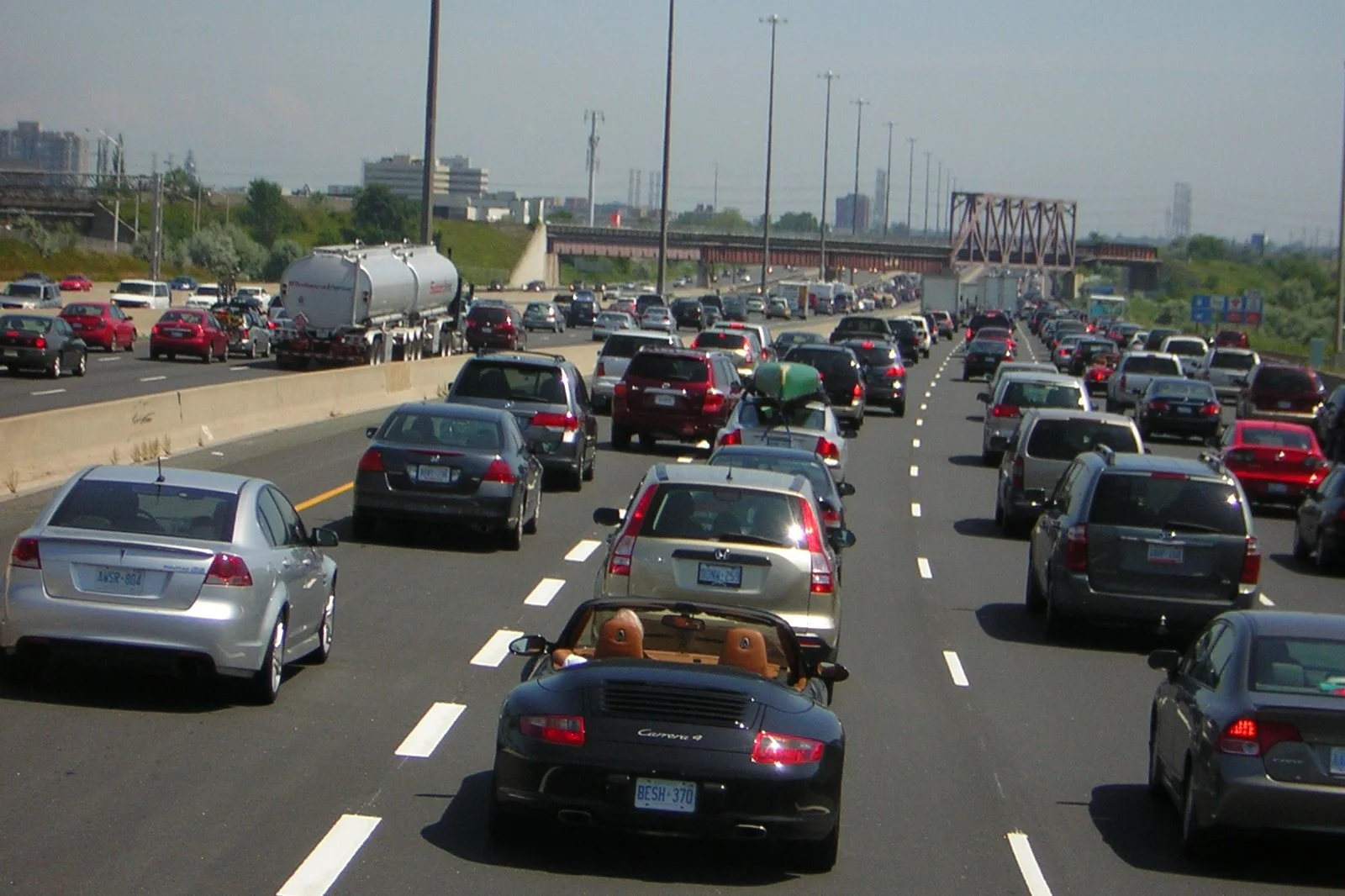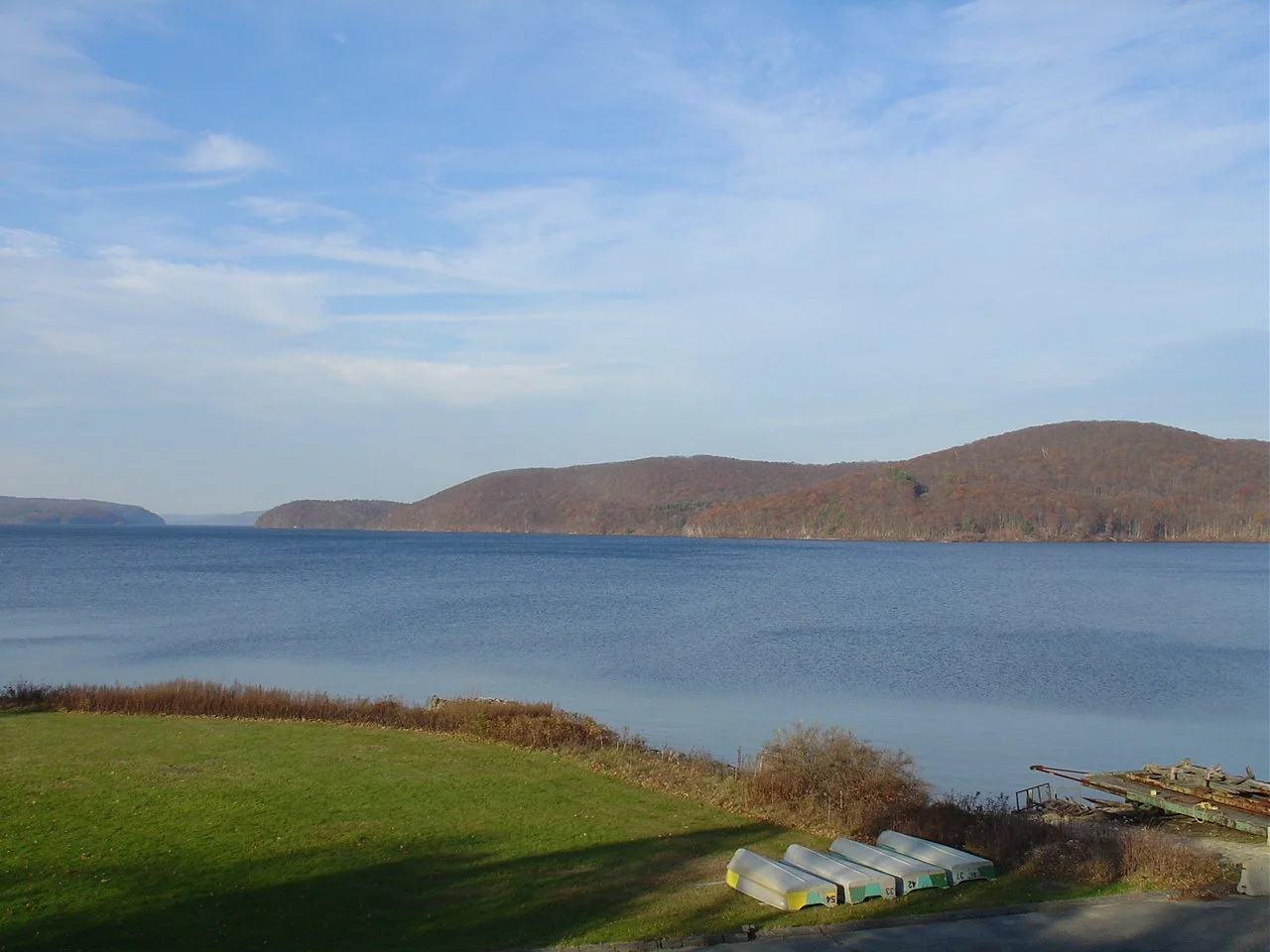Summertime, and the living is easy?
— Photo by Robert Jack
Adapted from Robert Whitcomb’s “Digital Diary,’’ in GoLocal24.com
I suspect that many year-round residents of, say, Newport and Cape Cod are already impatiently counting the days until the summer residents and vacationers leave, despite all the money they bring in (along with resort area gridlock).
Despite some brief thunderstorm-spawned downpours, much of New England is in a moderate drought. But there can be a good side to this: Fruits such as apples, grapes (ask wine makers) and peaches are a little smaller than usual but tastier in dry (but not too dry) summers.
Meanwhile, New Englanders should be thankful that its big sources of publicly owned fresh water, such as the Quabbin and Scituate reservoirs, are in no danger of drying up, unlike the water disaster Out West, which may well eventually lead to massive migration to wetter and cooler places.
And now the lilies are wilting along the roads. While global warming is extending our summers, if you’re over a certain age they still seem to go by a bit faster every year.
With New England’s hurricane season coming (mostly August and September), people in such low-lying places as Barrington and Warren, R.I. and the head of Buzzards Bay might want to consult a book I’ve mentioned here before that tells of how some of us will have to learn how to live not only along the water but over the water as seas continue to rise with global warming. The book, again, is More Water Less Land New Architecture: Sea Level Rise and the Future of Coastal Urbanism, by architect Weston Wright.
The beautiful Quabbin Reservoir, in central Massachusetts. Copious fresh water is more valuable than copious petroleum.
— Photo by Solarapex

